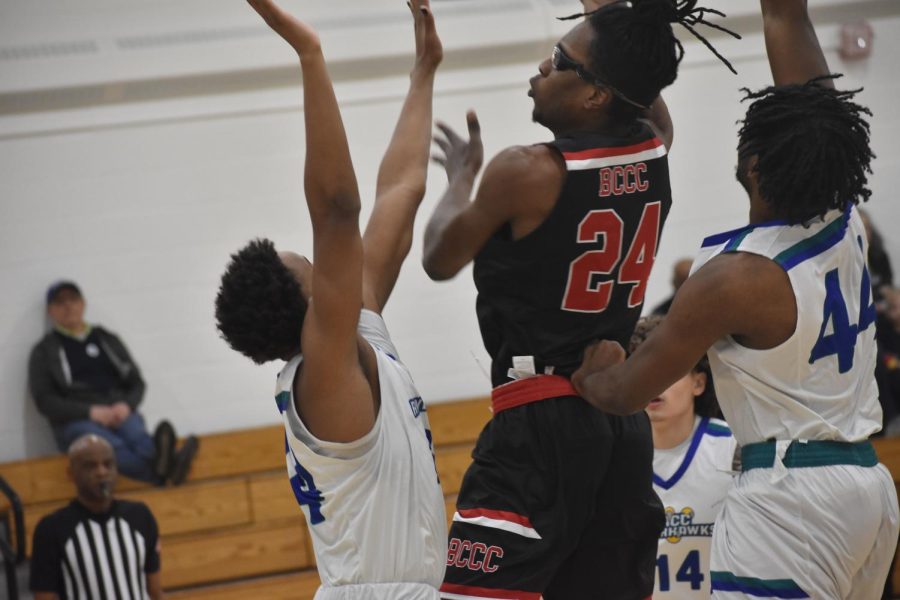College raises student fees by $1 per credit hour
Starting in the fall, AACC Athletics will receive an increase of $1 per credit hour from athletic fees.
April 7, 2023
The dean of student development said in March funding for student clubs should remain steady for the next school year unless there is “a significant spike in new clubs.”
Still, Dean Deneen Dangerfield added: “I don’t see a significant increase in the number of clubs and [organizations] being raised during the next academic year.”
AACC’s Board of Trustees voted on Feb. 28 to raise athletic and student activity fees by $1 per credit hour each starting in the fall.
According to Vice President for Learning Resources Management Melissa Beardmore, the increased fees will generate approximately $179,000 each for student engagement and AACC Athletics.
Dangerfield said this is the first time student activity fees have increased during her time at the college—more than five years.
“The student fee has been stagnant,” Dangerfield said. “Our enrollment has been on a steady decline for approximately 10 years. So as our enrollment has declined, revenue for students has also declined. So I think again, [the change is] just to create a sustainable model where we can support students with … co-curricular activity and extracurricular activities.”
Student activity fees fund the Student Government Association, student clubs and organizations, initiatives such as textbook loans and the college’s food pantries, and salaries for some positions in the Office of Student Engagement that support clubs.
Athletic Director Duane Herr characterized the fee increase as “positive.”
“The fee was set at $1 for quite some time,” Herr added. “So the increase is a welcome increase for us.”
Some students said the extra money could be beneficial for clubs.
“I think it’s a good step in the right direction,” Jasim McNichols, president of the Adventure Society club and first-year transfer studies student, said. “I still think that it needs to be worked on when it comes to the clubs because I think the funding should vary based off the size of the club itself. But I think just increasing the funding in general is a good step in the right direction.”
But Super Science Club Treasurer Bryant Pepe, a third-year physics student, disagreed.
“I think the change itself is moot if the college is going to continue giving student organizations trouble using their allotted funds after they are allotted to those organizations,” Pepe said.
He also said some students might consider the fee increase as “just another price increase” if they are not involved in sports or student clubs.
Pepe added he would like to see more transparency and communication in the club funding process.
Herr said he doesn’t plan to bring back any discontinued sports because of the fee increase. The Athletic Department eliminated both men’s and women’s cross-country teams in December.
Herr added the increase can help with game costs, which include field maintenance, officials for home games and travel expenses for away games.
“Sometimes we have to look at eliminating some of our home games based on official costs,” Herr noted. “We have to make decisions about travel and our travel destinations based on transportation costs, and make decisions about the types of travel that we can take based on those costs.”












